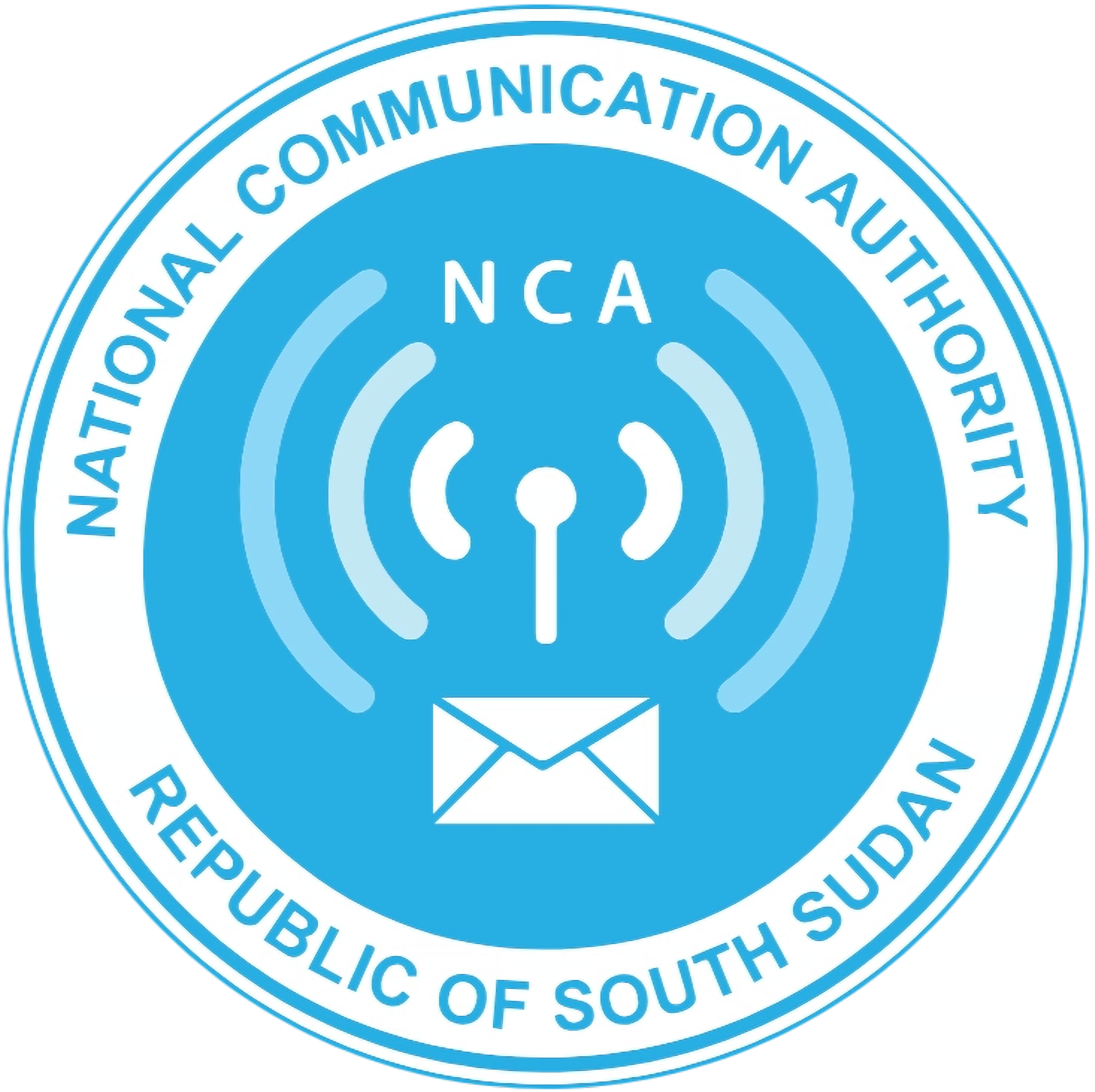Licensing Overview
The National Communications Authority (NCA) oversees the regulation and issuance of licenses for communications systems and services in South Sudan, in accordance with the National Communications Licensing Regulations, 2016. Below is a summary of the licensing process, requirements, and obligations for licensees.
The following are the licenses issued by the National Communication Authority for the various telecommunication services:
Licensing Procedures
The National Communication Authority has established several procedures for different types of licenses. These procedures should be followed by prospective licensees when applying for various license categories.
Broadcasting Procedures
The broadcasting licensing process established by the National Communication Authority ensures that broadcasting services operate within a regulated framework, promoting fair competition and providing quality programming in South Sudan. The following are the steps for obtaining a license:-
-
Application Submission
-
Eligibility Check: Interested parties must ensure they meet the eligibility criteria set by the National Communication Authority.
-
Application Form: Complete and submit the official application form, providing required details such as the type of broadcasting service, intended content, and operational plans.
-
Documentation: Include necessary documents, such as proof of identity, business registration, and any relevant certifications.
-
-
Initial Review
-
Compliance Check: The authority reviews the application for completeness and compliance with regulatory requirements.
-
Feasibility Assessment: Evaluate the proposed service's viability, including technical capabilities and financial resources.
-
-
Public Consultation
-
Stakeholder Engagement: Conduct public consultations to gather feedback from the community and relevant stakeholders about the proposed broadcasting service.
-
Consideration of Input: Assess the feedback received and incorporate it into the decision-making process.
-
-
Technical Evaluation
-
Frequency Allocation: Review and allocate the appropriate broadcasting frequency, ensuring it does not interfere with existing services.
-
Technical Standards: Verify that the applicant meets technical standards and specifications for broadcasting equipment.
-
-
License Approval
-
Decision Making: The authority makes a decision based on the review process, public consultation, and technical evaluation.
-
Notification: Notify the applicant of the decision. If approved, provide the terms and conditions of the license.
-
-
License Issuance
-
Payment of Fees: The applicant must pay any required licensing fees.
-
Issuance of License: Upon payment, the broadcasting license is formally issued, granting the right to operate.
-
-
Compliance and Monitoring
-
Ongoing Compliance: Licensees must adhere to all regulatory requirements and broadcasting standards throughout their operation.
-
Periodic Reviews: The authority conducts periodic reviews and audits to ensure compliance with license conditions.
-
-
Renewal Process
-
License Renewal: Licenses are typically valid for a specified period and must be renewed before expiration. The renewal process involves submitting a renewal application and any required documentation.
-

